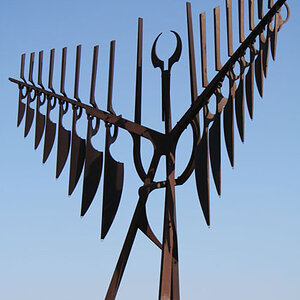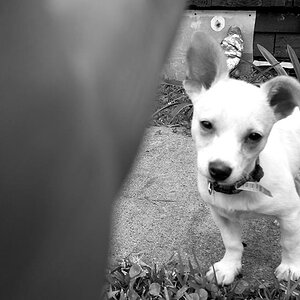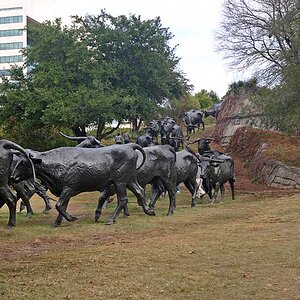Hello everyone,
I'm a 15yr old guy, who just got into photography. I've always had a huge fascination with cameras and pictures before and I recently picked up my first DSLR, the Canon EOS T3. So I just had a few questions that I hope someone can answer for me
1.) Is there any maintenance I need to do besides basic cleaning to keep the camera running alright? (Anything that requires dissembling?)
2.) What are the differences in lenses? I know the stock lens is an 18-55mm, but what are other lenses used for, and what are the advantages of using more expensive lenses?
3.) I noticed on a more expensive camera (EOS t3i) it had a "Self Cleaning Sensor unit" what does this mean?
Thank you very much
I'm a 15yr old guy, who just got into photography. I've always had a huge fascination with cameras and pictures before and I recently picked up my first DSLR, the Canon EOS T3. So I just had a few questions that I hope someone can answer for me
1.) Is there any maintenance I need to do besides basic cleaning to keep the camera running alright? (Anything that requires dissembling?)
2.) What are the differences in lenses? I know the stock lens is an 18-55mm, but what are other lenses used for, and what are the advantages of using more expensive lenses?
3.) I noticed on a more expensive camera (EOS t3i) it had a "Self Cleaning Sensor unit" what does this mean?
Thank you very much








![[No title]](/data/xfmg/thumbnail/42/42055-105f2ee23a1fd79c786de42c5578274b.jpg?1619739992)


